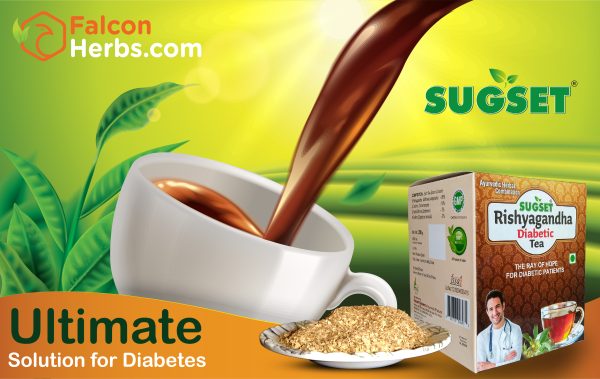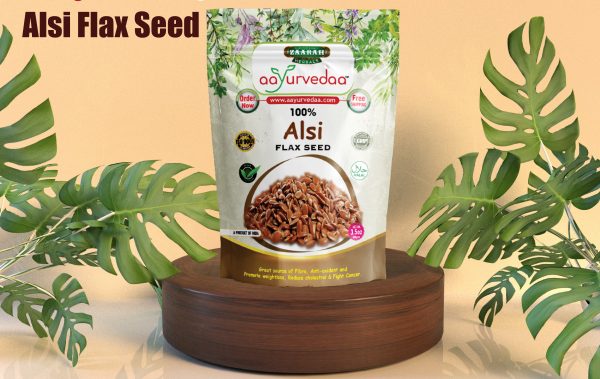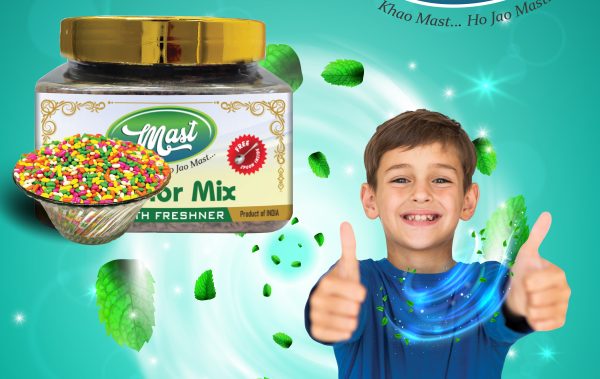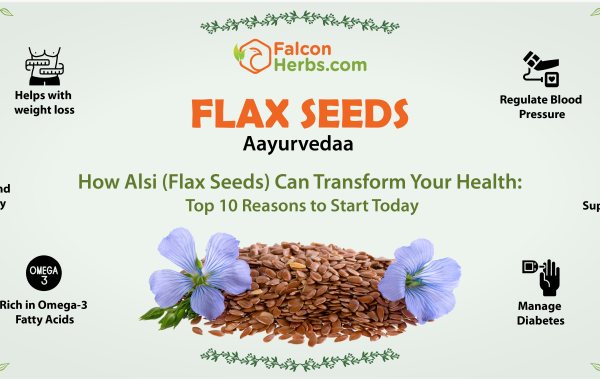No products in the cart.
Banafsha viola odorata
Banafsha Leaves, nature’s hidden treasure, are here to elevate your wellness journey. Sourced from the heart of pristine landscapes, these leaves are a testament to purity and quality. Unlock the potential of Banafsha Leaves for a healthier and more vibrant life.
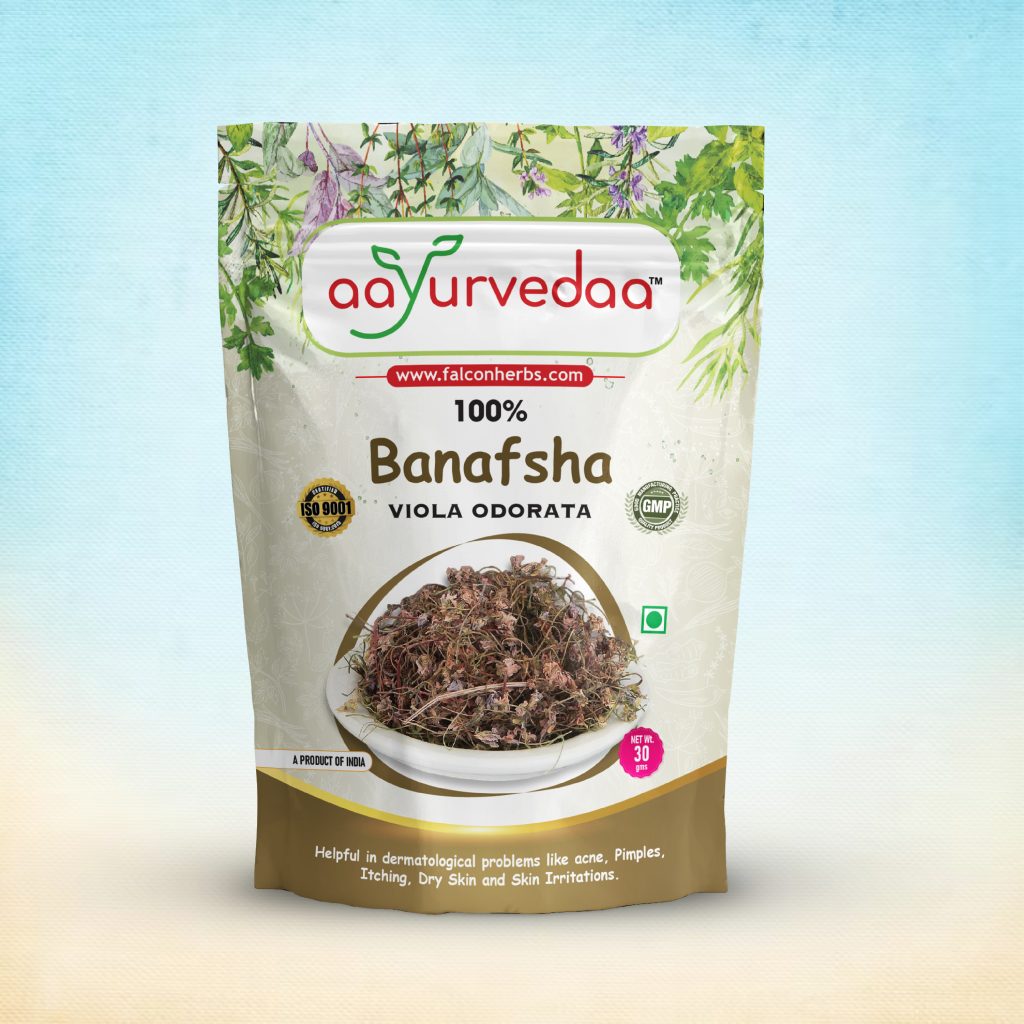
Viola odorata, commonly known as the sweet violet, wood violet, English violet, common violet, or garden violet, is a small, hardy herbaceous perennial plant in the family Violaceae. It is native to Europe and Asia, but has been introduced to many other parts of the world, including North America and Australia.
Viola odorata is a low-growing plant, typically reaching only 10-15 cm in height. It has heart-shaped or oval leaves that are arranged in a rosette at the base of the plant. The flowers are violet or white, and have a characteristically sweet scent. They bloom in late winter or early spring.
Viola odorata is a popular garden plant, and is also used commercially for its flowers and leaves, which can be used to make perfumes, candies, and other products. However, it is important to note that the plant is poisonous if ingested in large quantities.
the evidence for its medicinal properties is limited and inconclusive.
- Respiratory problems: cough, bronchitis, asthma
- Skin conditions: eczema, psoriasis, wounds
- Digestive issues: diarrhea, constipation
- Insomnia
- Headaches and migraines
- Fever
- Inflammation


Benefits of Banafsha viola odorata For Skin.
- Moisturizing: Viola odorata contains mucilage, a substance that attracts and holds water, potentially offering hydration for dry skin.
- Soothing: Some studies suggest its anti-inflammatory properties might alleviate mild skin irritation and discomfort.
- Antioxidant activity: The presence of antioxidants could help protect skin from free radical damage, which contributes to aging and certain skin issues.
- Antibacterial and antifungal: Some research suggests potential activity against certain bacteria and fungi that can contribute to skin problems like acne or eczema, but more research is needed.
odorata helps in Respiratory problems: cough, bronchitis, asthma
- Expectorant: Some studies suggest Viola odorata might help loosen mucus and clear airways, potentially easing cough and bronchitis symptoms.
- Anti-inflammatory: Studies show potential anti-inflammatory properties that might reduce airway inflammation associated with bronchitis and asthma.
- Antioxidant activity: The presence of antioxidants could help protect lung cells from damage.
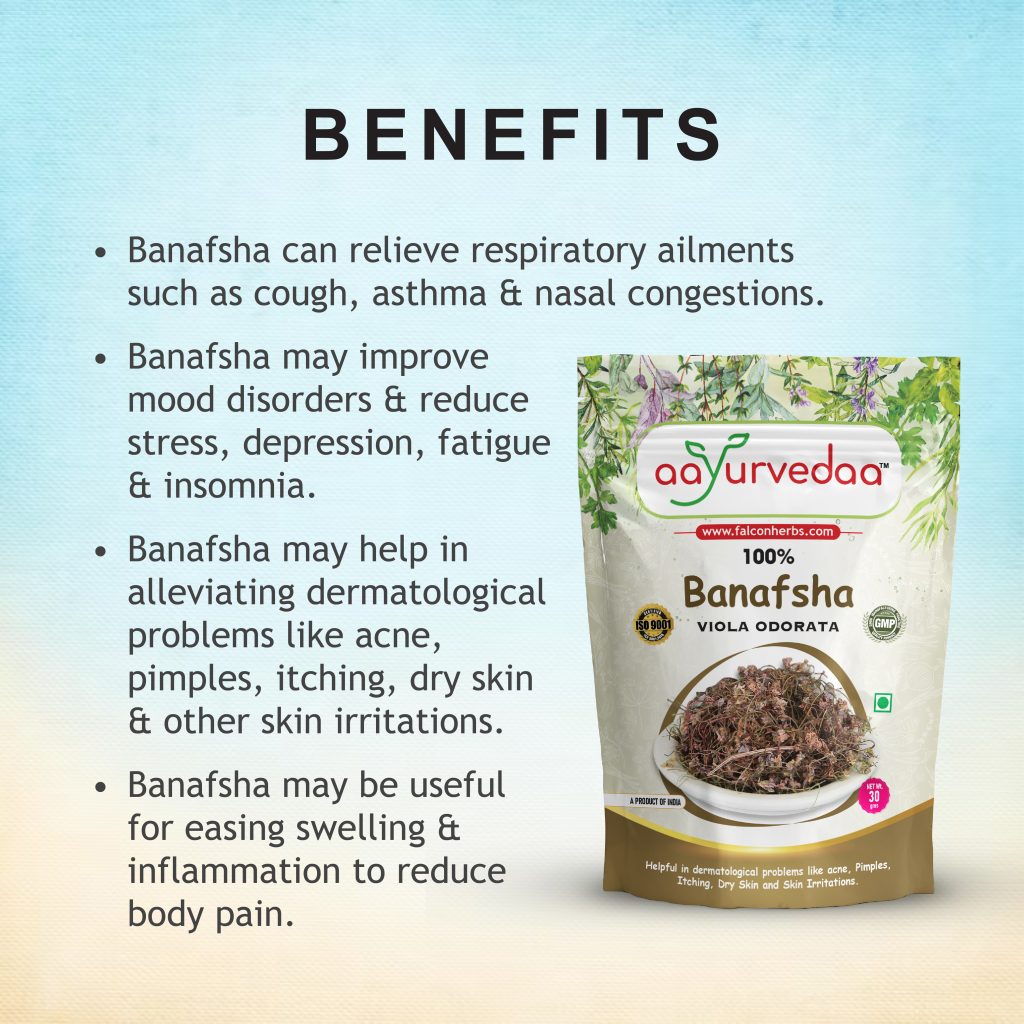
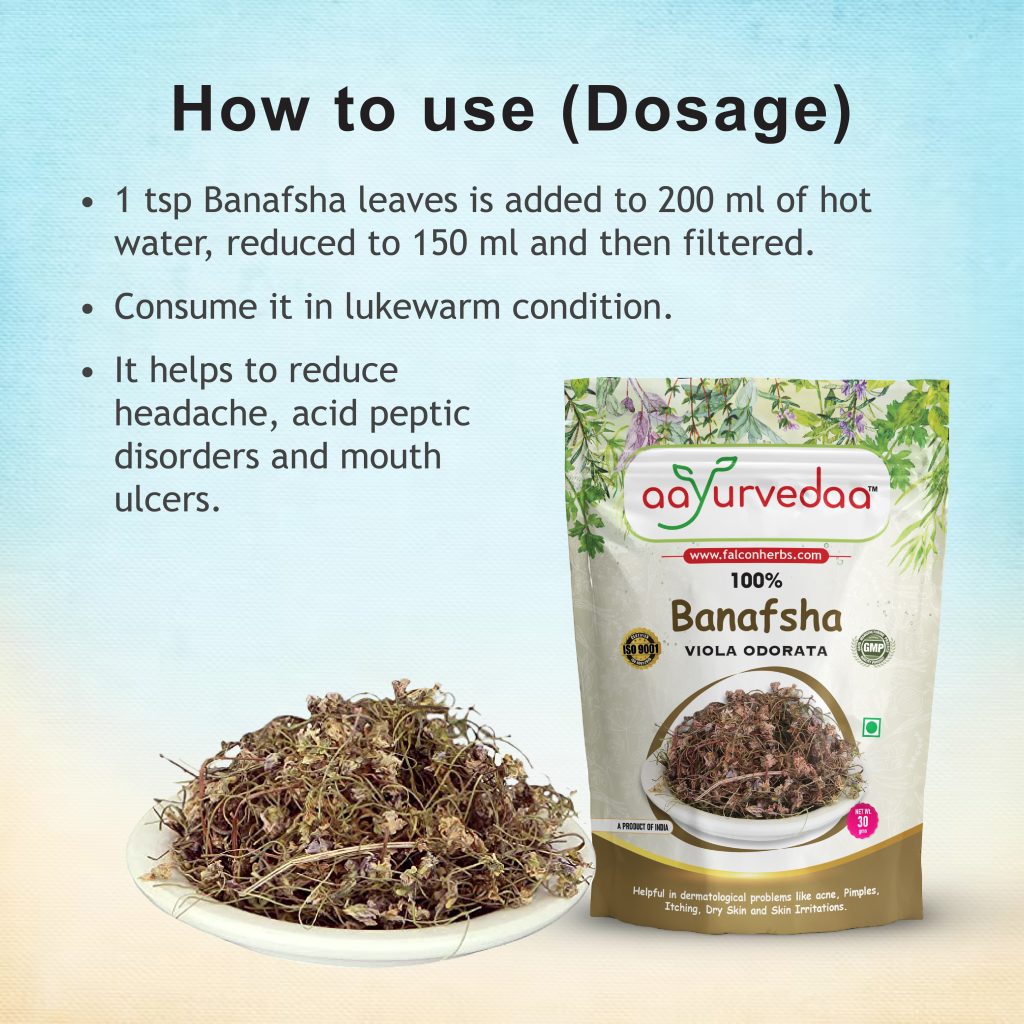
Banafsha -viola odorata – Usage Instructions
Banafsha Gul, nature’s gift to enhance your well-being. This exquisite floral elixir has been cherished for centuries for its soothing properties and delightful fragrance. Crafted with care, Banafsha Gul is your ticket to relaxation and rejuvenation.
Usage Instructions:
- Tea: Brew a cup of Banafsha Gul tea by steeping the petals in hot water for 5-7 minutes. Enjoy before bedtime for a peaceful night’s sleep.
- Aromatherapy: Add a few drops of Banafsha Gul essential oil to your diffuser or bath for an aromatic escape from the stresses of the day.
- Skincare: Mix Banafsha Gul powder with your favorite face mask for a rejuvenating facial treatment.
Potential Mechanisms:
- Some studies suggest that Viola odorata might:
- Promote sweating: This could potentially help lower body temperature.Possess anti-inflammatory properties: Inflammation can contribute to fever, so reducing it could be beneficial.Have mild analgesic effects: This could provide some relief from discomfort associated with fever.


